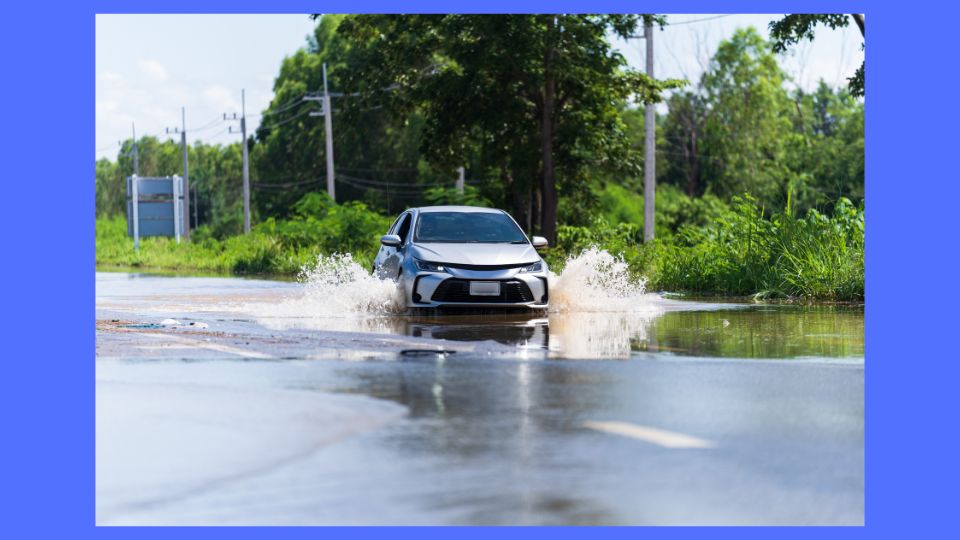Why You Should Avoid Driving Your Truck In Flood Water
When it is raining or after heavy rain, you should be extremely careful when driving your truck, not because of reduced visibility but also due to problems related to driving in a flood. No technician would advise you to drive through a flooded road. Doing this will damage your truck and also put your life in danger.
It would help if you don’t drive in flood water for the reasons below.
You Never Know What is Below the Water
It is not easy to determine the condition of flooded roads. Below calm water be extremely damaged pavement, manholes without covers, or even deep potholes. A massive sinkhole could be on waiting to sink your truck.
Your Truck Can Be Swept Away
It is dangerous to drive over flood water when it is in motion. A foot of moving water is adequate to float your truck. If the current is strong, then your truck will get swept away. When this happens, your truck can be swept into deeper ends, damaging it.
When driving a 4WD off-road, you are not immune. If the water level increases, your heavy 4WD will be swept
Your Engine Can Hydro-lock
The engine needs a continuous air supply for the combustion process to continue. Water will likely get into your engine if it gets close to the intake. When this happens, your engine will receive water instead of air, which can destroy it.
Water should not be deep to get into your engine, as the engine hydro-lock is costly to repair.
Can Interfere With the Electronics
Regular exposure to flooded water can damage your truck’s wiring and electrical system. The alternator is an essential electrical part that should not be exposed to regular flooding. It is the electricity generator for the entire electrical system. When water damages it, your battery will not be able to charge, and even the engine control unit will not function adequately.
Contaminates Vital Fluids
Water entering the engine compartments will contaminate vital engine fluids such as engine oil, transmission fluid, and coolant. Such liquids help in keeping various engine parts in good functioning condition. They might malfunction when contaminated, which can lead to various engine issues.
Flood Water Can Corrode Engine Parts
An engine is a metallic object. Exposure to water will rust most of its parts. Water does not discriminate where it gets into, and any metallic part of your truck that comes into contact with it will eventually form rust. When your engine starts to rust, and you are not aware of it, it can lead to issues that fixing will be hectic.
Horrible Smell
Sometimes flood waters are filthy, and when you drive your truck over it, their filthy smell can be permanent in the cabin of your truck.
Conclusion
Truck owners drive over flooded water due to ignorance. It is extremely dangerous to do this. When driving on a flooded road with moving water, your truck is likely to get swept away. When such happens, you can lose your life. Never drive in any flooded water.



